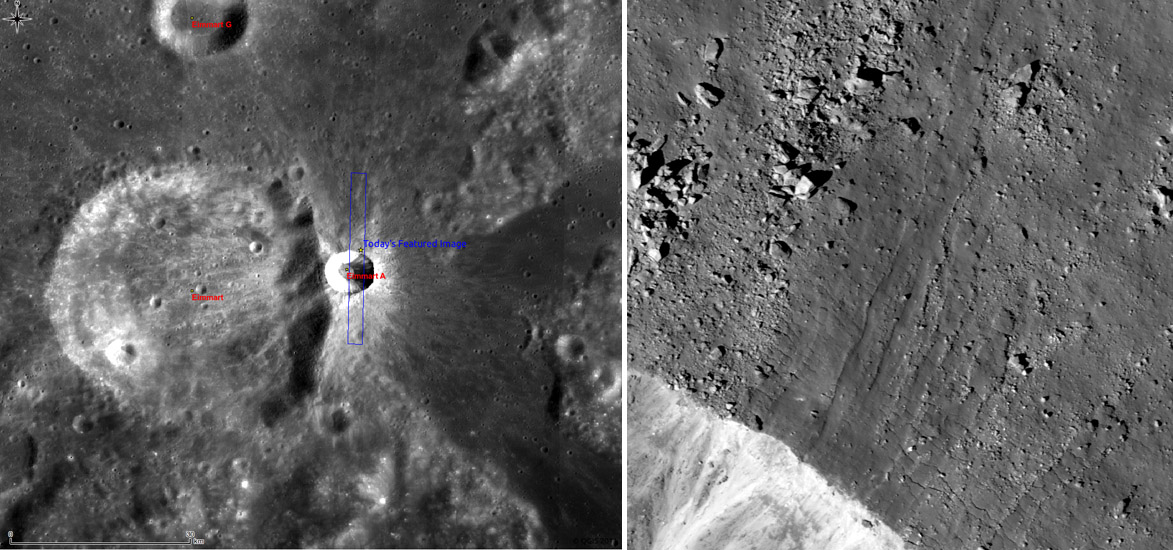Difference between revisions of "July 29, 2011"
| Line 2: | Line 2: | ||
=Truncated= | =Truncated= | ||
| − | + | <!-- ws:start:WikiTextHeadingRule:0:<h1> --> | |
| − | + | <!-- ws:start:WikiTextLocalImageRule:6:<img src="/file/view/LPOD-Jul29-11.jpg/243332629/LPOD-Jul29-11.jpg" alt="" title="" /> -->[[File:LPOD-Jul29-11.jpg|LPOD-Jul29-11.jpg]]<!-- ws:end:WikiTextLocalImageRule:6 --><br /> | |
<em>images from [http://lroc.sese.asu.edu/news/index.php?/archives/405-Rootless-impact-melt-flows.html#extended Lunar Reconnaissance Orbiter Featured Image] (NASA/GSFC/Arizona State University)</em><br /> | <em>images from [http://lroc.sese.asu.edu/news/index.php?/archives/405-Rootless-impact-melt-flows.html#extended Lunar Reconnaissance Orbiter Featured Image] (NASA/GSFC/Arizona State University)</em><br /> | ||
<br /> | <br /> | ||
| Line 24: | Line 24: | ||
<br /> | <br /> | ||
<hr /> | <hr /> | ||
| − | |||
| − | |||
| − | |||
| − | |||
Revision as of 00:17, 3 January 2015
Truncated

images from Lunar Reconnaissance Orbiter Featured Image (NASA/GSFC/Arizona State University)
Sitting on the northeast rim of the Crisium Basin is Eimmart, an old degraded crater with a bright crater, Eimmart A,
just touching its rim. A new LRO image release shows flows extending down slope from the sharp rimcrest of "A".
These flows presumably are impact melt that originally started where ejected melt splashed onto the rim, ponded a
little and then flowed downhill. But these flows have been beheaded - their starting points are missing. Presumably
the original starting points have slid down into the floor of Eimmart A - in fact, hairline faults concentric to the rim
are visible showing where future rim collapses may occur, truncating more of these melt flows. EImmart A is visible
from Earth in backyard telescopes. Look for it in a few days when illumination returns to the eastern limb, and imagine
what it was like when molten red impact melt flowed down the rim.
Chuck Wood
I remember that one of the lunar meteorites has an unusual composition that matched a unique chemical anomaly
at Eimmart. If so, we may have a piece of the Moon ejected during the formation of Eimmart A. But I can't find which
meteorite it was - does any one know?
Related Links
Rükl plate 27



